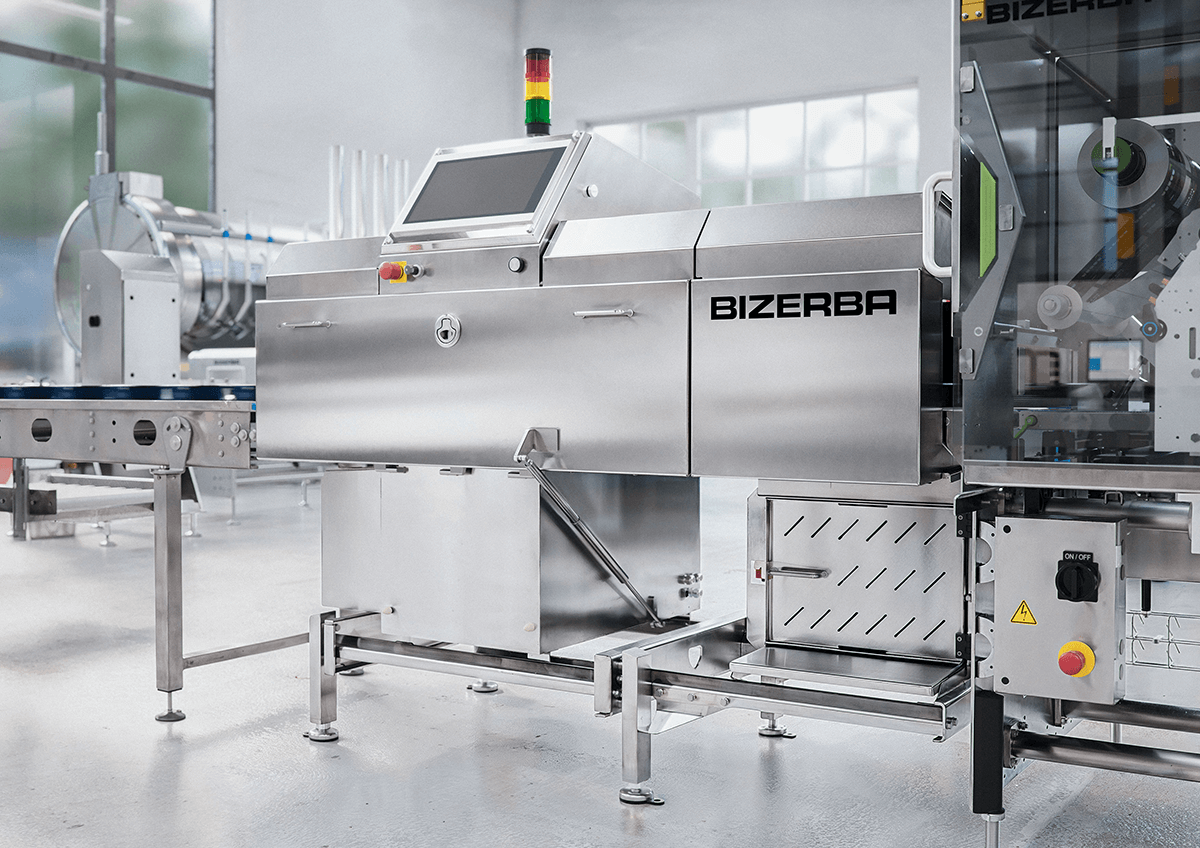Why X-ray Food Inspection is Vital for the Food Industry
Traditional metal detection systems, while effective in some cases, are limited to identifying metallic objects. X-ray technology, on the other hand, is more versatile. It can detect both metallic and non-metallic contaminants, making it a superior solution for food safety. By using X-ray inspection, companies can reduce the risk of recalls and protect their customers from potential hazards.
How X-ray Food Inspection Systems Work
X-ray inspection systems use radiation to scan food products and detect any foreign materials. The system compares the density of the food to potential contaminants. Heavier items like metal contaminants appear clearly in the X-ray images, allowing the system to flag or remove those items from the production line.
A key advantage of X-ray systems is that they work on all types of packaging. Whether food is wrapped in plastic, glass, or foil, X-ray systems can still detect contaminants. This makes X-ray technology ideal for food and pharmaceutical products, where packaging materials vary widely.
The Key Benefits of Using X-ray Food Inspection Systems
1. Detects a Wide Range of Contaminants
X-ray systems are capable of identifying a broad range of contaminants, including metal, glass, bone, and plastic. Unlike metal detectors, which only find metallic contaminants, X-ray inspection systems are more effective in ensuring that food is safe for consumption. By detecting these hazards early, companies can remove contaminated products from the production line, minimizing the risk to consumers.
2. Enhances Food Safety
X-ray inspection systems play a significant role in improving food safety by detecting contaminants before products reach the market. This not only protects consumers but also helps companies in the food industry avoid costly recalls. In addition, these systems help businesses comply with strict safety regulations, reducing the risk of legal issues and protecting the company’s reputation.
3. Reliable and Versatile
X-ray systems are highly adaptable and can inspect a wide variety of products, regardless of size, shape, or packaging. They are particularly effective at inspecting high-density products like meat or hard cheese, where other detection methods might struggle to perform effectively.
Common Applications of X-ray Systems in Food Production
1. Contaminant Detection
The most common application of X-ray food inspection systems is the detection of foreign objects such as metal, glass, stone, and bone. This is especially important in industries like meat processing, where the risk of contamination from bones or metal fragments from machinery is high. By using X-ray technology, manufacturers can catch these contaminants before the products leave the production line, ensuring that only safe products reach consumers.
2. Packaging Quality Control
X-ray systems can also check packaging for defects. For example, they can detect improperly sealed packages, damaged containers, or missing labels. Ensuring that packaging is in good condition helps maintain product quality and extends shelf life, which is critical in food safety.
X-ray vs. Metal Detection: Understanding the Differences
While metal detection has been a reliable method for detecting contaminants in food for many years, X-ray technology offers a more comprehensive solution. Metal detectors can only detect metallic contaminants, whereas X-ray inspection can find a much wider range of foreign materials. This makes X-ray systems a better choice for industries that handle a variety of products and packaging types.
Additionally, X-ray inspection is not affected by factors such as product temperature, moisture, or packaging material, which can sometimes interfere with metal detectors. For example, X-ray technology is highly effective at inspecting foods with high moisture content, such as fresh produce or cheese, where metal detectors might produce false positives. This is because X-ray systems are not influenced by the "product effect," a common issue in metal detection where the properties of certain foods (like those with high salt or moisture levels) can cause inaccurate readings.
Advancements in X-ray Inspection Technology
As technology evolves, so do the capabilities of X-ray food inspection systems. Modern X-ray systems are designed to provide more accurate and detailed results, ensuring that even the smallest contaminants are detected. These systems are also easier to integrate into existing food production lines, making them a more convenient and efficient option for manufacturers.
Modern X-ray systems are designed to operate at high speeds, allowing for real-time inspections without slowing down the production process. This means that even large quantities of products can be inspected efficiently, ensuring that each item meets safety and quality standards. Many X-ray systems also come with automated rejection mechanisms, which automatically remove contaminated products from the line, improving both safety and production efficiency.
Why You Should Invest in X-ray Food Inspection Systems
For businesses that prioritize food safety and product quality, investing in an X-ray food inspection system is a smart move. These systems offer a level of accuracy and reliability that other detection methods cannot match, making them essential for companies looking to protect their customers and their brand. Whether you’re dealing with raw materials, packaged goods, or processed foods, X-ray inspection ensures that your products meet the highest standards of safety and quality.
If you're looking to improve the efficiency and safety of your food production line, consider upgrading to an X-ray inspection system. These systems are a long-term investment that can help reduce the risk of recalls, improve compliance with safety regulations, and protect your brand reputation.
Contact Us Today for More Information
Our X-ray food inspection systems are designed to help you ensure the safety and quality of your products. Whether you need to detect contaminants, check packaging quality, or verify fill levels, we offer comprehensive solutions that meet your business needs. Contact us today to learn how we can help you integrate the latest X-ray technology into your food production process.
